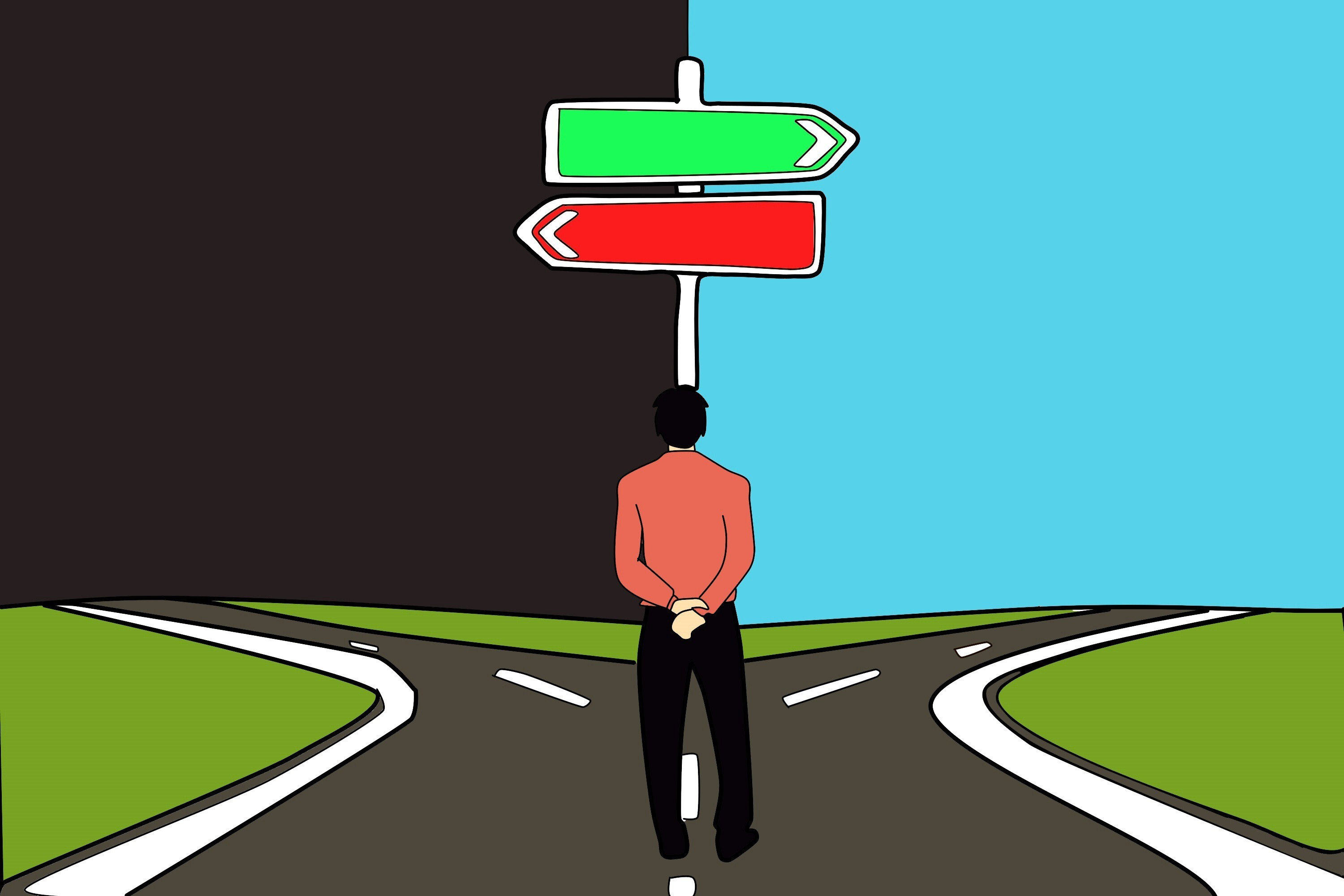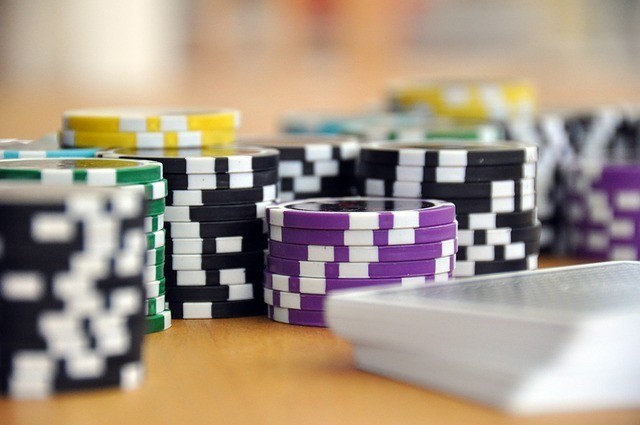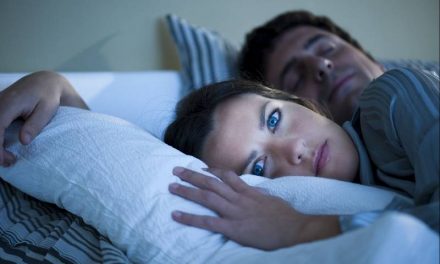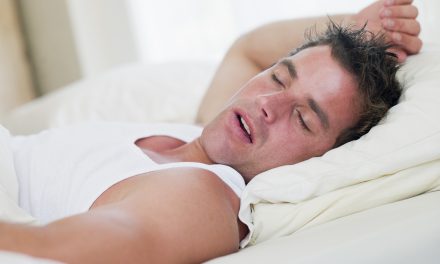Sleep Deprivation And Stroke
William D. “Scott” Killgore, Ph.D. is a professor of psychiatry. His interest in sleep began when he was a lieutenant colonel in the US Army. Many tests have been conducted previous to Killgore on army personnel to measure the differences in reaction time in relation to sleep time. Simple cognitive processes in relation to the amount of sleep that soldiers got were also measured.
Killgore became interested in whether or not it was possible to quantify how well a soldier’s decision making was affected by the amount of sleep they got. He wanted to see how a lack of sleep could influence important decision-making skills like whether or not to pull the trigger or drop the bomb. Killgore thought that it was essential to know whether a lack of sleep affects emotional functioning. Soldiers engaged in battle are in very emotionally charged situations, and Killgore’s research aims to determine how lack of sleep could detrimentally affect those decisions.
Killgore’s research purports that emotions that are in check thanks to a healthy sleep routine actually help us make good decisions. Emotional memories are one of the driving forces behind excellent decision-making skills. We all make thousands of choices every day. Many of these choices are made intuitively without fully rationalizing every event that requires a decision. Emotions are guided by a unique type of memory – an emotional one.

“Memory of positive and negative events forms the emotional memory that we use to guide our decisions.”
Killgore says that when we experience something, the brain flags it as either positive or negative. The memory of positive and negative events forms the emotional memory that we use to guide our decisions. Many people will say that they went with their gut feeling after making a good decision.
The average amount of sleep that we get has been on a steady decline. About a hundred years ago, people slept an average of 9 hours per night. Today, that average has fallen to 7 hours. That lack of sleep can cause symptoms of sleep deprivation. No, sleep deprivation is not only a shady torture tactic used in prisons for manipulation. You are actually inflicting this form of torture on yourself if you’re not getting enough sleep.
To test this theory, Dr. Killgore created an ingenious experiment based on gambling. In the experiment, four decks of cards are shown on a screen, some card decks can lead to bigger wins, but also to bigger losses. Other cards lead to smaller wins, but also smaller losses. Participants in the experiment are asked to skip sleeping for one night after the first experiment. They return the next day for another gambling experiment, this time in the sleep-deprived state. Most participants accrued nice wins in the first session and hefty losses in the second session after not sleeping. The participants tend to be unable to keep their focus and end up losing track of which card decks represent higher and lower wins and losses.

Participants performed better in the gambling experiment after a good night of sleep.
The discrepancy in the performance between the two sessions can be attributed to the changes in the ventromedial prefrontal cortex. This is where emotional memories formed during waking hours are incorporated with reasoning. In turn, this will guide positive decision making. Through brain monitoring, Dr. Killgove has discovered that the ventromedial prefrontal cortex is usually very active during the day. But, after sleep deprivation, it almost shuts down completely, leaving the brain unable to guide your thoughts with emotion. The result is that you can no longer rely on that “gut” feeling to make the right decision.
The shutdown of the ventromedial prefrontal cortex might explain the hazy, dazed and groggy feeling that we all experience after insufficient sleep.

Dr. D. “Scott” Killgore
Additionally, through brain scans, Dr. Killgore observed that the ventromedial prefrontal cortex showed similar impairments with sleep-deprived people as in people that had suffered a stroke. The common behavioral trait was impaired judgment. Sleep deprivation is like a temporary form of brain damage after stroke. A good night of sleep can actually reverse the impairment and get you back to normal functioning. Getting sufficient sleep after sleep deprivation will negate the impairment effects and get you back to your baseline.
Dr. Killgore contends that cutting your sleep by as little as a few hours can alter emotional intelligence and decisionmaking and alters the connectivity between areas of the brain. This impairment can quickly affect all areas of life, from your job to your family life. So, make getting a full night of sleep a priority, as if your life depended on it!


















